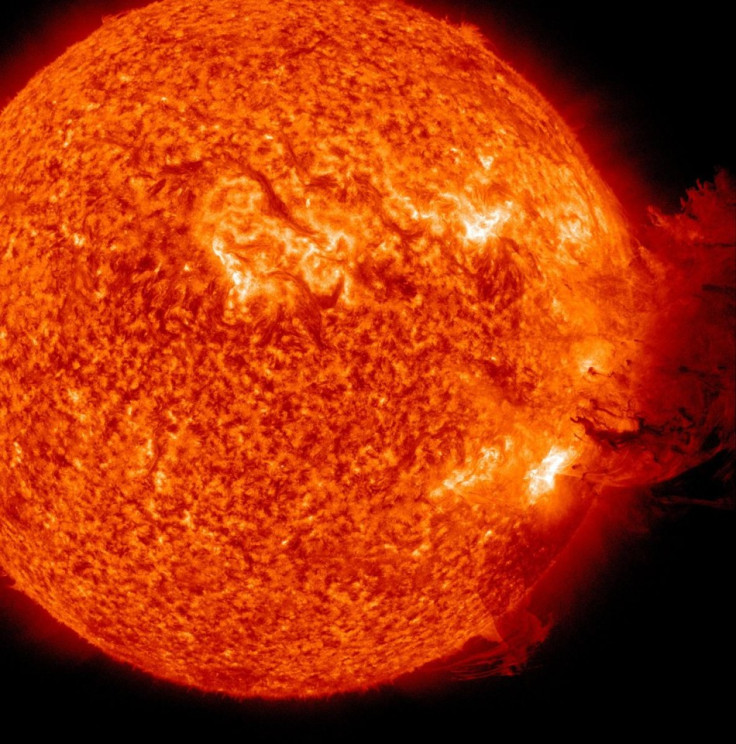Mini-Ice Age: Sunspot cycle won't counteract climate change

Environmentalists be damned, rather than a future so hot and humid that humans will not be able to survive, the Earth is actually heading towards a 'mini ice age', according to the world's newspapers.
Which just goes to show that you shouldn't read today's papers.
"We have not predicted a Little Ice Age," Frank Hill of the National Solar Observatory told Reuters. "We have predicted something going on with the Sun." There's a key difference.
This is certainly the view of Michael Marshall who, writing in the New Scientist, has been quick to refute the claims of a global cooling event.
"The reality is that, while the sun may well be about to give us a shove in the direction of cool temperatures, the evidence suggests it won't be anything like enough to drown out the warming effects of our greenhouse gas emissions," he said.
Scientists are in no doubt that the sun has been acting oddly in recent years. Sunspot numbers ebb and flow in cycles lasting around 11 years but over the past three years, observable sunspots have been mostly missing.
These spots have been used by scientists to indicate the sun's magnetic activity is diminishing, and that the sun may even be shrinking. Since 2007, visible sunspot activity has stalled, leading researchers to suggest that the next solar maximum (due in 2013) could be a long while coming. Instead, the sun could go into a prolonged lull lasting several decades.
This has happened before, the most famous example is the Maunder Minimum of 1645-1715 when a period of solar inactivity coincided with a "Little Ice Age" -- rivers that were normally ice-free froze and snow fields remained year-round at lower altitudes, according to NASA.
There is plenty of evidence that such "grand minima" cool the Earth and that the sun's sunspot cycle is closely tied to these phenomena.
But Marshall suggests that the current news cycle shears away from the reality at this point. For example, according to the Global Warming Policy Foundation, the cooling sun means that:
"The Earth -- far from facing a global warming problem -- is actually headed into a mini ice age."
Marshall suggests that the world's media have approached this topic from the wrong angle. Let's assume that grand minima really do cool Earth's climate (another area that scientists don't agree on, he says) the question then becomes;how much do they cool it, and for how long?
Not nearly enough, Marshall suggests, to make a serious dent in projected global temperatures. He cites research conducted by the Potsdam Institute for Climate Impact Research in Germany that modelled what would happen to temperatures if a grand minimum started now and continued until 2100. They found that it would lower temperatures by 0.3 °C at most.
Now, when you take into account current greenhouse gas emissions, which are set to raise global temperatures by 2-4°C by 2100, even the most optimistic scenario would see a rise of 2 °C reduced to 1.7 °C. Not an ice age at all, in other words.
© Copyright IBTimes 2025. All rights reserved.




















